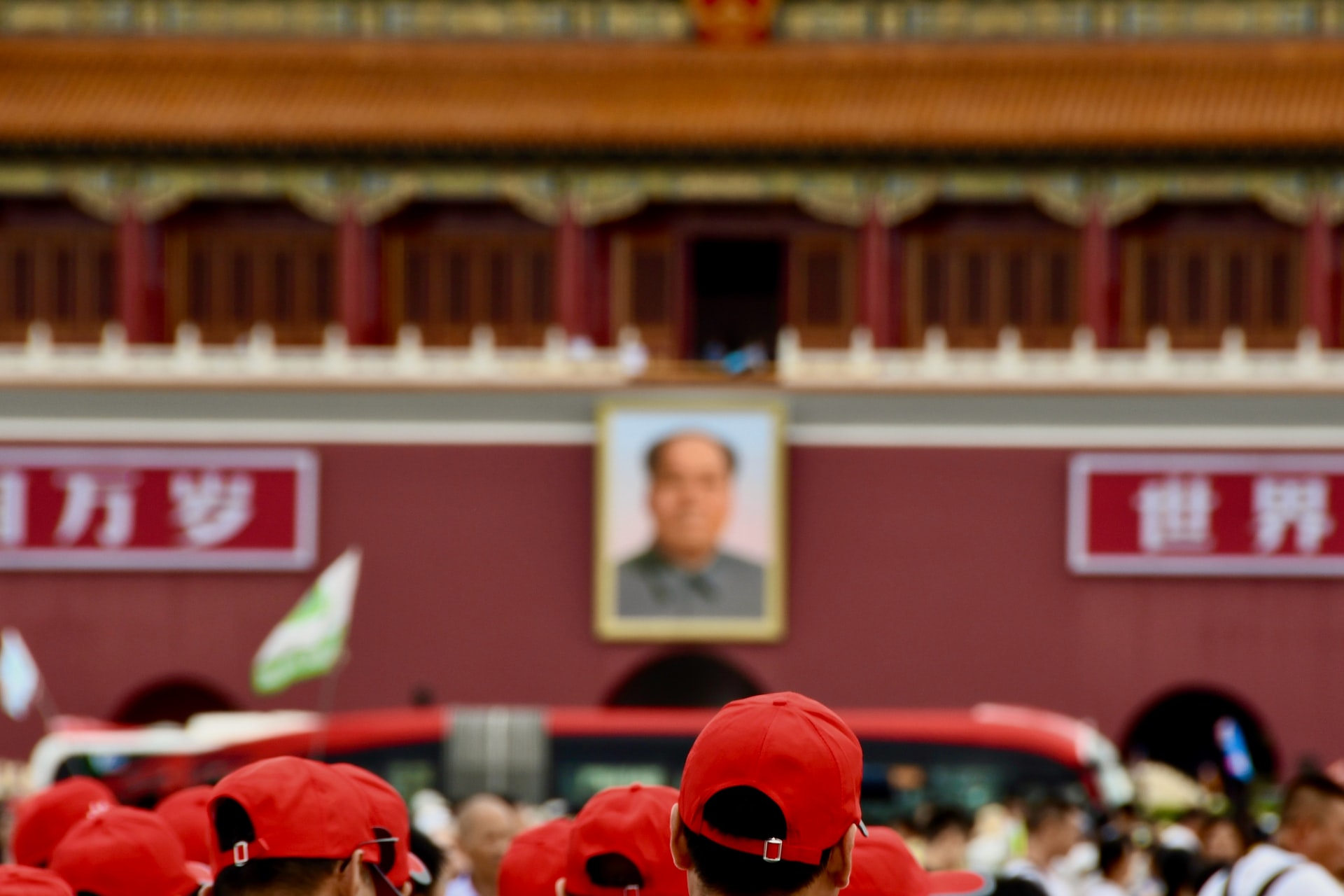All the unknowns about China’s economy

From health care and foreign policy, the questions that shake China. The analysis by Jian Shi Cortesi, GAM's China and Asia Equity Investment Director
The Chinese government is faced with an alternative: allow an increase in deaths from Covid or an economic slowdown. On the pandemic front, the challenges to be faced are numerous. Thanks to the success of containment measures taken in China over the past two years, less than 0.1% of Chinese have fallen ill and China has only recorded a few thousand deaths from Covid (compared to 1 million in the United States). For this reason, the Chinese population today is probably more vulnerable to the virus than other countries that are moving towards herd immunity.
The most vulnerable segment of the population in China does not want to be vaccinated. Only 60% of Chinese people aged 60 and over have had the vaccine booster, which means that 100 million elderly people in China are not vaccinated. The percentage of intensive care places in the country is absolutely insufficient.
According to a survey by the Chinese ICU, the ratio of ICU places to hospital beds in the country is only 1.65%, which means there are only 3.43 places in therapy. intensive every 100,000 people. If we consider that in many Western countries there have been 2-3 deaths per 1,000 people, according to our estimates, if China abandoned the zero-Covid policy, there could be 3-4 million deaths in the country (compared to 1 million deaths). for Covid in the United States with a population of 300 million. China has a population equal to four times the number), in addition to strong pressure on the hospital system. China wants to avoid just that.
The turning point could be the approval of the first mRNA vaccine. There are at least six Chinese mRNA vaccines currently in the clinical trial phase. The mRNA vaccines have been shown to activate a stronger antibody response than the Sinovac vaccine developed in China. However, the introduction of an mRNA vaccine is unlikely to represent a real turning point for China. Three doses of Sinovac have already shown 90% effectiveness in avoiding deaths from Covid.
Thus, the critical factor in China is not the mRNA vaccine, but the increase in the percentage of older people vaccinated. Only 60% of Chinese over 60 have undergone the vaccination, and only 20% of those over 80. To encourage older people to get vaccinated, the government is offering various economic incentives.
Given these premises, it is difficult to predict the exact timing of when China will end its zero tolerance policy against Covid, but we believe that the moment is approaching. For example, the country has just reduced quarantine days for incoming tourists from 2 weeks to 1 week. Ultimately, we believe that China will abandon the zero Covid policy when cities have adequate medical resources and a high percentage of vaccinated, especially among the elderly and other vulnerable groups of the population.
Turning, instead, to foreign policy, the People's Republic of China, governed by the Chinese Communist Party, includes China plus Taiwan in its territories, which, however, is not under its control. In Taiwan, the constitution holds that Taiwan is part of the Republic of China and defines its territory as Taiwan plus mainland China. This is the legacy of a civil war.
The Communist Party of China hopes that mainland China and Taiwan will eventually be reunited through peaceful negotiations such as those that occurred between East and West Germany. In recent years, however, some Taiwanese politicians have promoted a constitution change to redefine Taiwan as a separate sovereign entity. For mainland China, this would amount to a declaration of independence. Should Taiwan do this, the Chinese government would intervene militarily to take control of the territory. In our opinion, however, the ongoing war in Ukraine has served as a warning and reduced the likelihood of a conflict in Taiwan.
Reading the Taiwanese media it seems that the Taiwanese are unsure whether the United States would intervene on their side in the event of a conflict. On the other hand, we believe that Taiwan is less likely than in the past to push for independence.
Given the sanctions and economic hardship for Russia, China is unlikely to initiate military intervention unless Taiwan declares its independence. The United States has a very strong influence on Taiwan and is likely to try to prevent the constitution from being changed in favor of peacekeeping. Should Taiwan decide to change the constitution it would put the United States in a very difficult situation as the country would be faced with a dilemma: fight against China or do nothing, and neither option is particularly tempting.
This is a machine translation from Italian language of a post published on Start Magazine at the URL https://www.startmag.it/mondo/tutte-le-incognite-sulla-cina/ on Sat, 16 Jul 2022 05:12:25 +0000.
